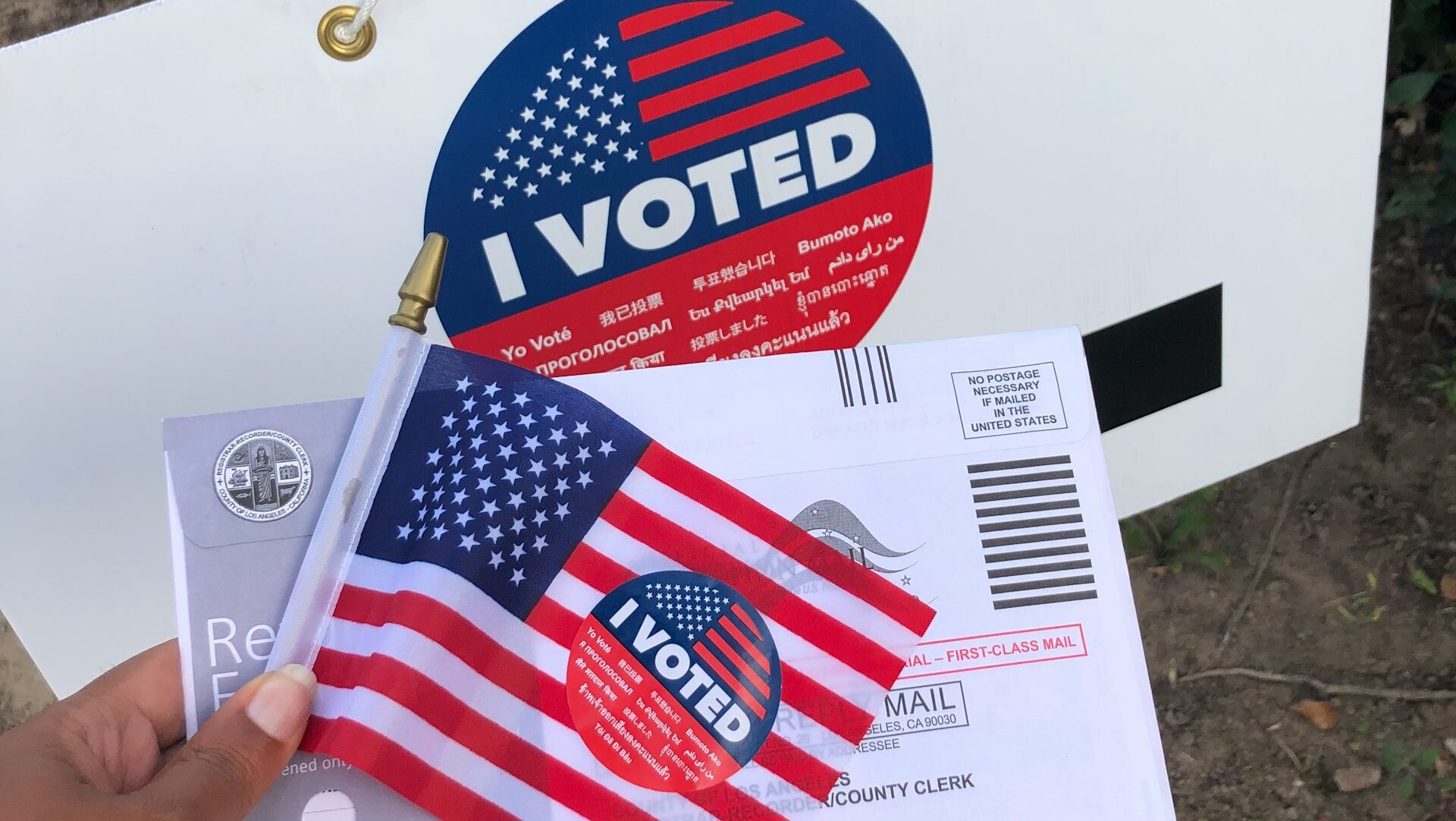A group of activists in Pennsylvania recently attempted to challenge an 88-year-old election law by filing a petition with the Pennsylvania Supreme Court, seeking to declare the state's closed primary system unconstitutional. This system, established in 1937, requires voters to be registered with a political party to participate in that party's primary elections.
Explainer PA Supreme Court Shuts Down Lawfare Aimed At Election Law
The petitioners, four voters dissatisfied with the current primary system, bypassed the state legislature and lower courts by invoking the court's King’s Bench power, a rarely used jurisdiction for urgent matters. They argued that the closed primary system posed an immediate public concern, citing voters who opted not to register with a political party. However, the petition did not clarify why this issue had become urgent in the summer of 2025.
Each petitioner expressed similar grievances about their political affiliations, claiming that their former party no longer represented their views and that registering with a party would expose their political preferences. Notably, they did not reference any law or government entity that prevented them from registering with a political party, which would allow them to participate in primaries like many other Pennsylvanians.
The lead petitioner, Michael Smerconish, an attorney and media personality, publicly criticized the closed primary system. Critics noted that choosing not to affiliate with a political party is a constitutionally protected right, rather than a suppression of rights. Even if the petitioners had succeeded, their public voting records would still reveal their primary participation, contradicting their concerns about privacy.
On August 25, the Pennsylvania Supreme Court denied the petition. The court, which has previously engaged in judicial activism, opted not to intervene in this instance. Three of the seven justices are up for re-election this year, which may have influenced their decision to avoid potentially controversial rulings that could alienate voters.
In their filing, the petitioners acknowledged they were not asking the justices to propose a new primary system to the legislature, indicating a lack of faith in the legislative process. They sought to eliminate the statutory definition of a qualified primary voter, effectively attempting to rewrite the law under the guise of legal argumentation. The Pennsylvania Supreme Court's refusal to engage with their request is seen as a rare exercise of judicial restraint in a politically charged environment.
Linda A. Kerns, a Philadelphia attorney and former counsel for the Republican National Committee's Election Integrity efforts in Pennsylvania, provided insights on the case and its implications for the state's electoral process.
Why it matters
- Activists challenged an 88-year-old closed primary law, arguing it restricts voter participation and privacy.
- The Pennsylvania Supreme Court's denial reflects judicial restraint amid a politically charged environment.
- The case highlights tensions between individual voter rights and established party systems in elections.
What’s next
- The petitioners may seek alternative legal avenues to challenge the primary system.
- Voter advocacy groups could mobilize to push for legislative changes regarding primary elections.
- Three justices up for re-election may face scrutiny over their decision in this politically sensitive case.

